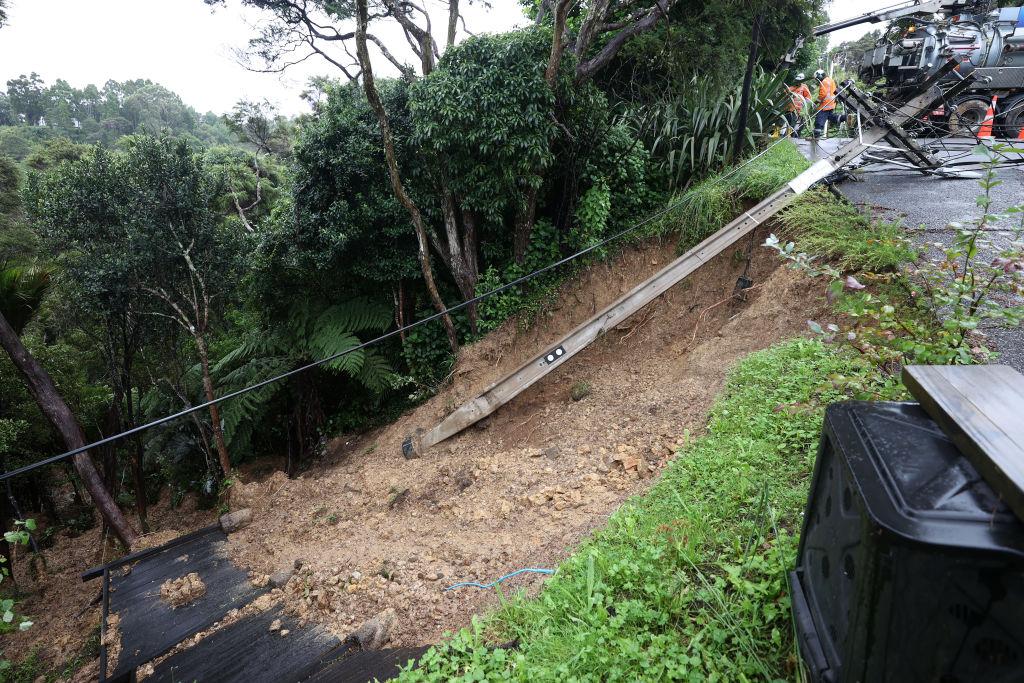New Zealand on Friday issued a red alert in the Coromandel Peninsula and northern Gisborne as Tropical Cyclone Gabrielle approaches with heavy rain and gales, just two weeks after Auckland was hit with record rainfall.
The New Zealand MetService said the cyclone is currently located in the north Tasman Sea and is expected to reach the northern parts of New Zealand on Sunday before spreading southward on Tuesday.





